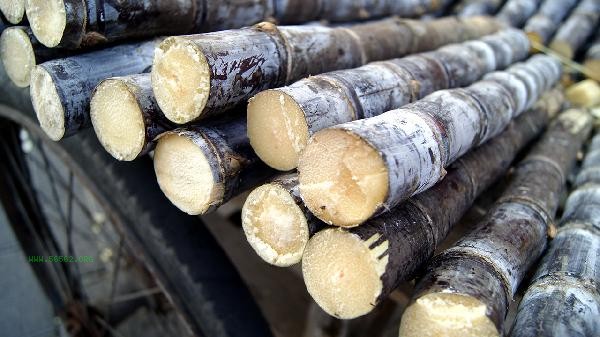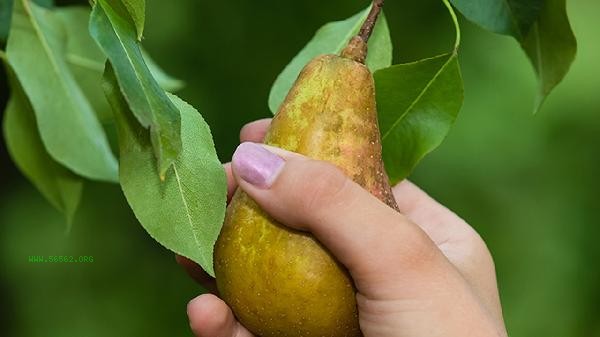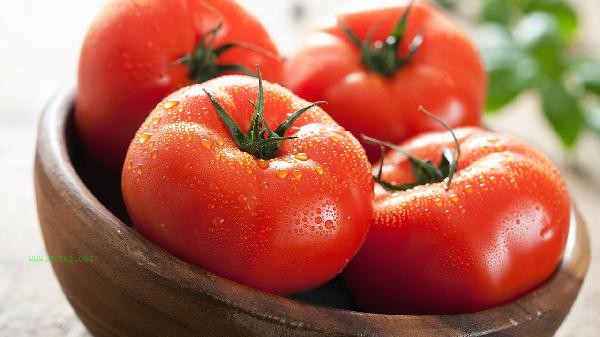It is usually not recommended to continue consuming fruits after removing the rotten parts. Decay may be caused by fungal contamination, bacterial growth, or oxidative reactions, and even if visible spoilage areas are removed, microbial toxins or harmful substances may have spread to the uncorroded parts. When fruits partially rot, fungal hyphae may have penetrated into the seemingly intact flesh. Common toxins such as penicillin are resistant to high temperatures and have poor water solubility, which cannot be completely removed by ordinary cleaning or excision. Penicillin produced after the decay of fruits such as apples and pears may damage the liver and nervous system. Citrus fruits are prone to the growth of Penicillium after mold, and its toxins may increase the risk of cancer. Soft fruits such as peaches and strawberries can cause rapid bacterial growth after rotting, which may lead to acute gastroenteritis.

In some cases, such as partial blackening of banana peels but intact fruit pulp, or slight bumps on apples without mold growth, the damaged parts can be removed and consumed in the short term. If the skin browning of post ripe fruits such as mangoes and avocados does not affect the texture and aroma of the flesh, they can still be safely consumed after removing the skin. Attention should be paid to the fact that fruits such as papaya release ethylene when they rot, which accelerates overall spoilage. Even if they rot locally, they should be discarded.

It is recommended to choose fresh fruits with intact appearance and no mechanical damage, cut and eat them immediately, and avoid long-term storage. Fruits with mild bumps should be consumed first, and rotten fruits are recommended to be discarded whole. Special populations such as pregnant women, children, or immunocompromised individuals should strictly avoid consuming any spoiled fruits to prevent the risk of foodborne diseases. When storing fruits in daily life, it is necessary to maintain ventilation and dryness. Separating tropical fruits from temperate fruits can delay the decay process.









Comments (0)
Leave a Comment
No comments yet
Be the first to share your thoughts!